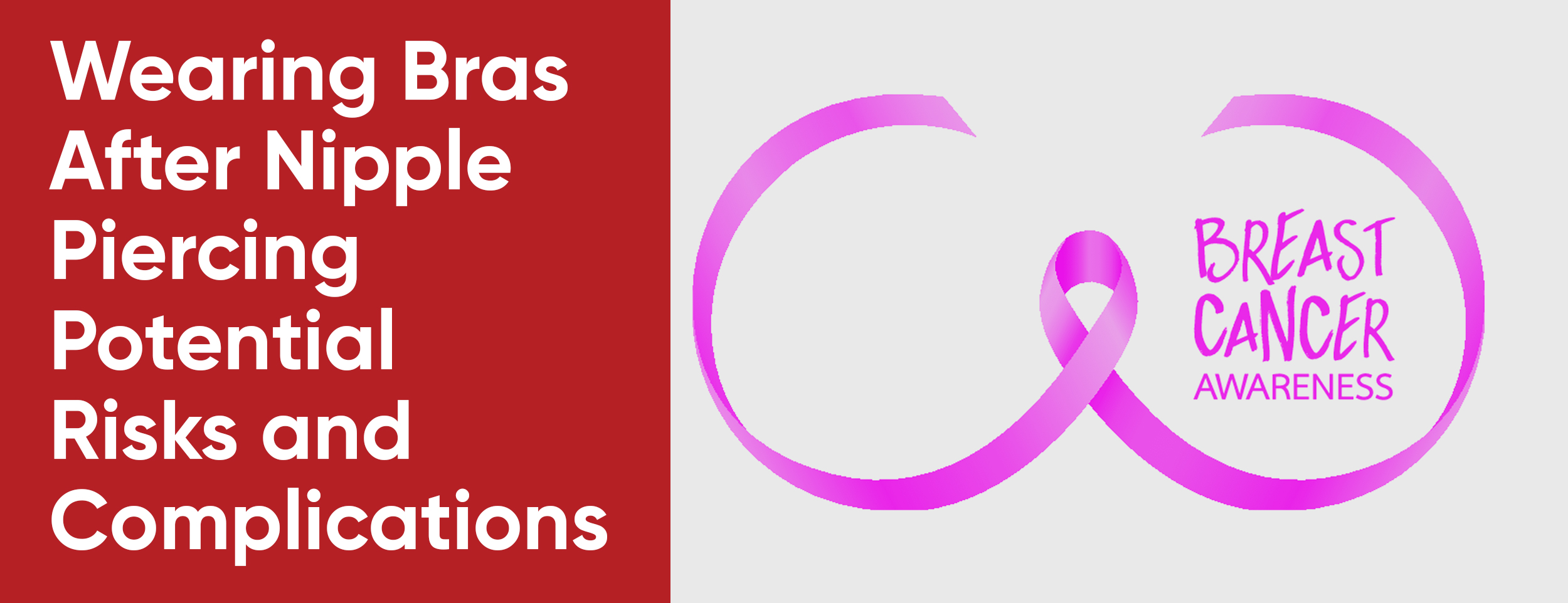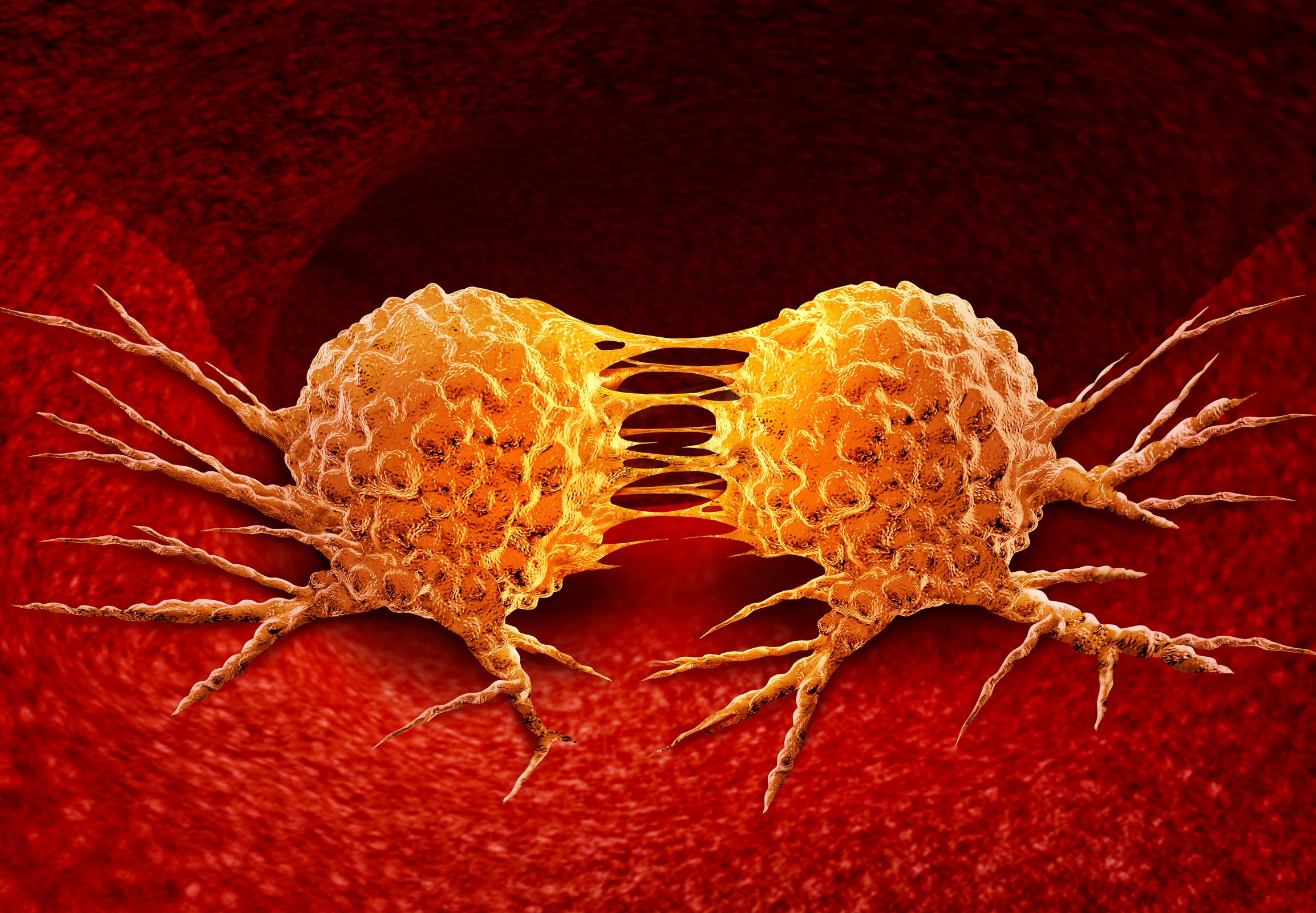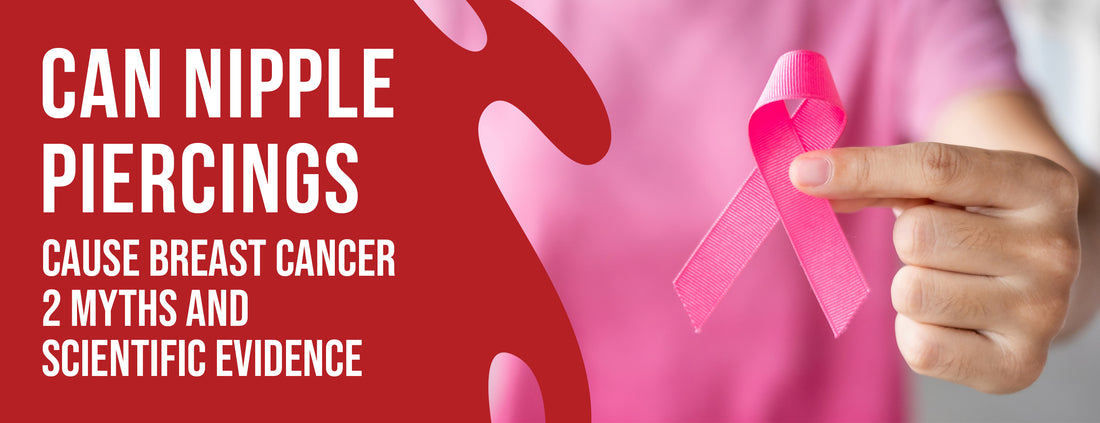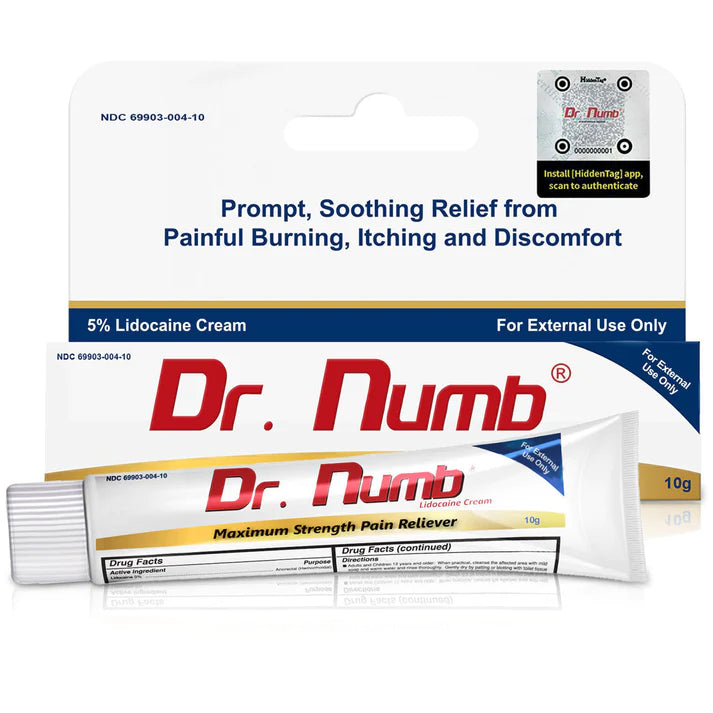Nipple piercings can be visually appealing but come with risks. Infections are common with all body piercings, so careful consideration is necessary.
No, nipple piercings do not cause breast cancer. There is no evidence or studies linking nipple piercings to an increased risk of breast cancer. It is a myth that has gained popularity but has no scientific basis.
In this article, we aim to dispel one such myth that nipple piercings cause breast cancer. We aim to shatter this misconception through exploration and evidence-based research.
Can Nipple Piercings Cause Breast Cancer: Dispelling the Myth

It's important to separate fact from fiction when it comes to nipple piercings and breast cancer, so let's examine the facts behind this misconception.
The Misconception
There's a prevailing notion that nipple piercings might lead to breast cancer. This misconception may stem from a general misunderstanding of both the nature of breast cancer and how body modifications interact with our health. Let's explore why some people believe this myth and clarify the facts.
- Breast Cancer Basics: Cancer begins when cells in the breast grow uncontrollably. X-rays or physical examinations may show tumors made up of these cells. It is a malignant tumor (cancerous) if the cells invade surrounding tissues or spread (metastasize).
- Nipple Piercings: This body modification involves a needle puncturing the nipple, usually to insert jewelry. It's important to note that this is a superficial process, affecting the skin and not the underlying tissue where breast cancer develops.
Antiperspirant Myths, Restricted Lymph Flow, and Breast Tissue Injury
Let's delve into some common myths associated with breast cancer and nipple piercings:
Restricted Lymph Flow
There's a belief that nipple piercings can restrict lymph flow, potentially leading to cancer. Scientific studies have not found any correlation between the two. Lymph nodes act as filters for harmful substances, but they don't get blocked by superficial body modifications like nipple piercings.

Aluminum in Antiperspirants
Some people worry about the aluminum content in antiperspirants, fearing it could cause breast cancer. American Cancer Society researchers are not able to link the use of these products with breast cancer development.
Injury to the Breast Tissue
While it's true that an injury to the breast can result in a lump, this is often a benign (non-cancerous) condition called fat necrosis. There's no evidence to suggest that trauma from something like a piercing increases the risk of breast cancer.
Breast Cancer and Nipple Piercings: The Scientific Evidence

Discover the truth behind the myth of nipple piercings causing breast cancer. Explore the scientific evidence and expert opinions that debunk this misconception.
The Facts: Debunking the Myth
It's essential to address the scientific evidence that refutes the myth about nipple piercings causing breast cancer. Here are some key points to consider:
- Absence of Correlation: There is no direct scientific evidence linking nipple piercings to the development of breast cancer.
- Risk Factors: Breast cancer risk factors include genetics, age, and lifestyle factors, but nipple piercings are not among them.
- Infection vs. Cancer: While nipple piercings can potentially cause infections if not properly cared for, these infections do not lead to cancer.
A Lack of Studies Linking Breast Cancer and Piercings
The notion that nipple piercings can cause breast cancer is largely unsupported by scientific research.
- Limited Research: There are very few studies, if any, that suggest a connection between nipple piercings and breast cancer.
- Need for More Research: More research is needed to rule out any potential link definitively. Based on current knowledge, no cause for concern appears to exist.

Biological Mechanisms of Breast Cancer
Understanding how breast cancer develops can help dispel the myth. Here's a simplified explanation:
- Cell Mutation: Cancer develops when breast cells multiply uncontrollably due to genetic mutations.
- Growth and Spread: These cells form a tumor that can grow and spread to other body parts.
- No Link to Piercings: No biological mechanism suggests a piercing could trigger such a mutation.
Expert Opinions from Reputable Sources
To further debunk this myth, let's look at what experts in the field have to say:
- Medical Consensus: Breast cancer and nipple piercing do not appear to have a link with breast cancer or nipple piercings.
- Professional Advice: It's always best to consult with a healthcare provider if you have concerns about nipple piercings or breast cancer.
Breast Cancer From Nipple Piercings: The Health Risks and Complications
Nipple piercings have become a popular form of body art. Like any form of body modification, they carry potential health risks. We will dive into the specifics so you can make an informed choice about your body.
- Infection: As with any body piercing, there's always a disease risk, particularly if the piercing isn't cared for properly.
- Allergic Reactions: People may react to metals used in the jewelry.
- Physical Trauma: There's also a risk of physical trauma if the jewelry gets caught on clothing or is pulled.
- Infections: Proper aftercare is crucial to prevent infections. An infected piercing will appear red, swollen, and discharged.
- Scar Tissue: Any piercing can lead to scar tissue. In some cases, this could potentially affect the shape of the nipple.
- Abscesses: These painful collections of pus may form around a piercing if an infection isn't treated promptly.
- Breastfeeding Issues: While most women with nipple piercings can breastfeed without problems, there can be issues. For instance, jewelry can be a choking hazard for the baby, and scar tissue can sometimes affect milk flow.
Nipple Piercings and Breast Cancer: Precautions

Regarding nipple piercings, understanding the preventive measures and potential treatments for related health issues is essential. Below, we delve into the advice and strategies that can help mitigate risks connected with this kind of body modification.
Health Concerns Associated with Nipple Piercings
While there's no concrete evidence linking nipple piercings to breast cancer, they can lead to other health problems if not correctly cared for. Here are a few tips to remember:
- Educate Yourself: Before getting a piercing, research the process, potential risks, and care procedures. This will equip you with the knowledge to make informed decisions.
- Choose a Reputable Piercer: Ensure your piercer is experienced, licensed, and follows proper sanitation protocols. Infection risk will be significantly reduced.
- Follow Aftercare Instructions: Adhere strictly to the aftercare instructions from the professional piercer. This typically includes cleaning the area with a saline solution and avoiding touching the piercing with unclean hands.

A Healthy Jewelry Choice, Hygiene, and Aftercare
Proper hygiene, meticulous aftercare, appropriate jewelry selection, and regular medical consultations can go a long way in preventing complications from nipple piercings.
- Hygiene: Keeping the piercing clean is crucial to prevent infections. Ensure the area is cleaned with saline at least twice a day.
- Aftercare: Following the piercer's aftercare instructions to the letter can prevent complications. This may include avoiding swimming pools or hot tubs until the piercing has healed and wearing loose-fitting clothing to prevent irritation.
- Jewelry Choice: Select high-quality, hypoallergenic jewelry for your piercing. Cheap materials can cause allergic reactions or infections.
- Medical Consultations: Regular check-ups with a healthcare provider can help detect potential issues early. Redness, swelling, or discharge are signs of infection.
Conclusion
Wrapping up, the claim that nipple piercings can lead to breast cancer is a myth that has been debunked by scientific evidence. It's crucial to underscore that while nipple piercings might not cause breast cancer, they are not without their potential health risks. Issues like infections, scar tissue, abscesses, and breastfeeding complications are real risks associated with nipple piercings.
Preventative measures and immediate treatment are, therefore, crucial. Proper hygiene, careful shopping, and regular checkups should be part of your piercing care routine. So, whether you're thinking about getting a nipple piercing or already rocking one, remember to stay informed and aware.








![The Recovery Time and Stages of Nipple Piercings [Best Practices]](http://drnumb.com/cdn/shop/articles/How_Long_Do_Nipple_Piercings_Take_To_Heal__3_Stages_Explained.jpg?v=1714373243)

